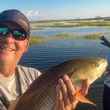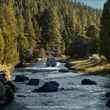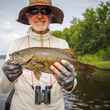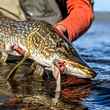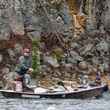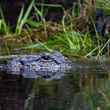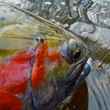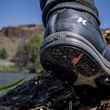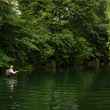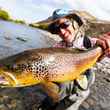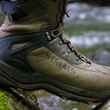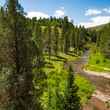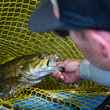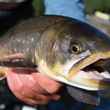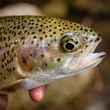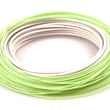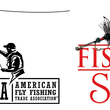We love to fish. We love it. Not in that juvenile, sloppy-wet-kiss way that so many of us remember from high school, but with an “I come alive with a fly rod in my hand” love that’s grounded in maturity, appreciation and respect for our angling traditions. We’ve been fishing for decades and there are very few other activities that bring us so much joy or help us connect to the natural world on such an elemental level.
Unfortunately, those of us who love to fish, and who see the necessity for protecting our landscapes and waterways, are coming under attack. It turns out - and no, we’re not making this up - that we are “radicals.” As Ty Hansen pointed out in a recent Hatch Magazine piece, the energy and resource extraction industries are targeting hunters and anglers. Those of us who support conservation are being portrayed as extremists and radicals.
So what is a radical? Seriously, what does it mean? Is protecting our favorite trout stream a radical act? What about defending an Alaskan salmon river from a mining company? Or how about passing on a healthy natural world to our kids and grandkids? Because those of us who want to share clean water, clean air and healthy landscapes with future generations are being ridiculed and marginalized. It’s almost as if our love for the great outdoors is standing in the way of “progress.”


